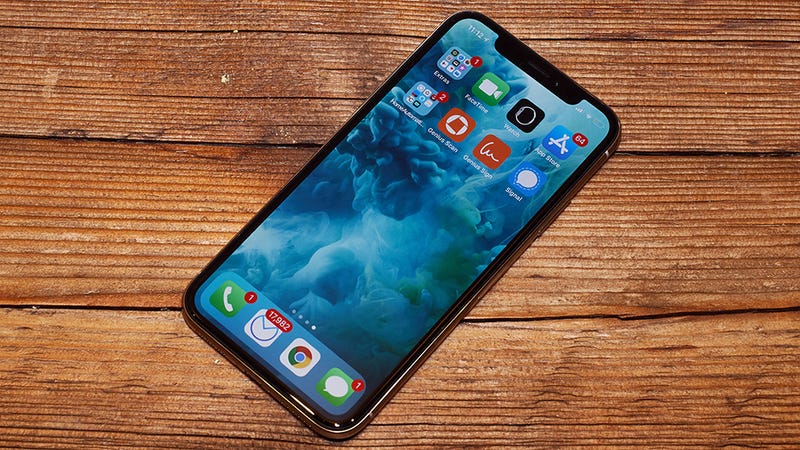
"...Even when manufacturers claim a chip is 30-percent faster than its predecessor, it’s going to depend on what you’re doing with it. The speed of the associated memory, the architecture of the processor chip, even the way your favorite apps are written can all have an impact on just how responsive your apps actually are. Unless you’re editing 4K video or playing the most demanding mobile games, those speed benefits might not be noticeable.
More RAM allows your phone to hold more stuff—whether apps or files or background renders—in memory at the same time, but again a phone with more RAM isn’t necessarily going to operate more smoothly than its rivals. The OnePlus 5T goes all the way up to a whopping 8GB of RAM, compared with 4GB on the Google Pixel 2 and 3GB on the iPhone X, but Apple can still achieve top-class performance thanks to the efficiency of its internal memory management.
Image: Alex Cranz/Gizmodo
There’s another factor to consider, which is that Android apps have to be designed to run on many different types of devices and configurations, whereas iOS apps largely know exactly what hardware they’re going to be dealing with. That makes for a more streamlined app execution process, and fewer demands in terms of free RAM.
Both processor speed and RAM are worth looking up on your next purchase, but just remember there’s a lot more to the story than these specs or any benchmarks you see quoted on the web. More so than your laptop or your desktop, your smartphone’s performance is reliant on all of its internal circuitry working in unison, which means isolating just one or two key specs isn’t all that useful for comparing them...
Why Comparing Smartphone Specs is a Waste of Time
No comments:
Post a Comment
Note: Only a member of this blog may post a comment.